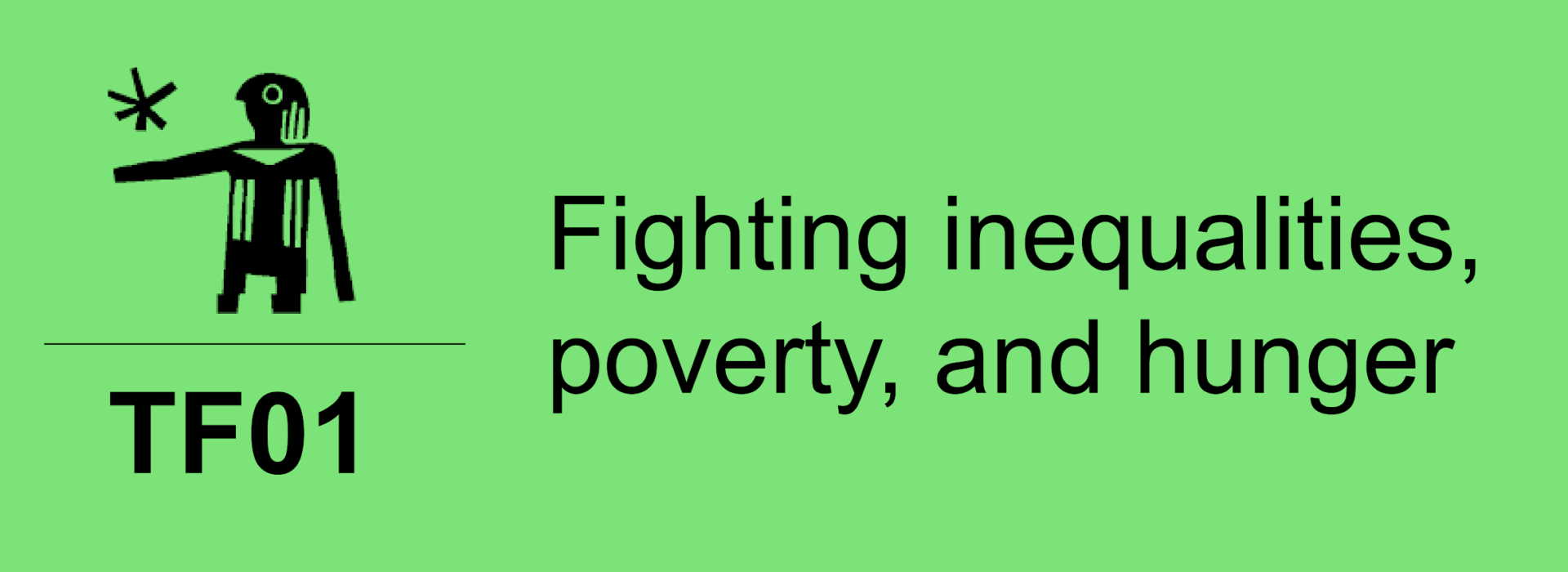Children are the most vulnerable to the intersecting crises of poverty, hunger, poor health and education, and climate change. Hundreds of millions of children live in poverty and malnutrition; 240M of them are out of school, and 1B are at high risk from the climate crisis. School meal programs (SMPs) are a unique strategy for synergistically tackling these crises, addressing multiple SDGs with multi-sectoral co-benefits. Yet countries’ fiscal challenges deprive 300M children and their communities of the benefits of SMPs. Schools make education systems a powerful tool for food distribution at scale and fundamental change in attitudes towards food. SMPs, reaching 418M children, are pivotal for systemic change, improving attendance, nutrition and health, and contributing to societal equity and advancement. With 9:1 returns, they can also drive changes in food systems, enhancing agriculture, economy, biodiversity, resilience and food sovereignty. Integrated with food and environmental education, planet-friendly SMPs can instill sustainable food practices from a young age. Building on Brazil’s leadership, the African Union’s engagement, and the School Meals Coalition’s momentum, the G20 can be a champion for planet-friendly SMPs and synergize them with other initiatives in food and nutrition security, agri-food systems, education, and the environment. Recommendations for the G20 include (a) scaling up investment in SMPs as a key intervention of the Global Alliance Against Hunger; (b) establishing a catalytic platform to support LICs and LMICs in expanding and improving their SMPs and addressing challenges in financing, delivery model, menu optimization, advocacy, governance, and systemic leadership; (c) develop a school meals innovation network focused on advancing and disseminating novel approaches; (d) foster synergy between the G20 and G7 on SMPs support; and (e) promote cooperation among G20 countries for capacity-building initiatives supporting SMPs actors.
Register for Updates
Would you like to receive updates on the Global Solutions Initiative, upcoming events, G7 and G20-related developments and the future of multilateralism? Then subscribe here!
1 You hereby agree that the personal data provided may be used for the purpose of updates on the Global Solutions Initiative by the Global Solutions Initiative Foundation gemeinnützige GmbH. Your consent is revocable at any time (by e-mail to contact@global-solutions-initiative.org or to the contact data given in the imprint). The update is sent in accordance with the privacy policy and to advertise the Global Solutions Initiative’s own products and services.









